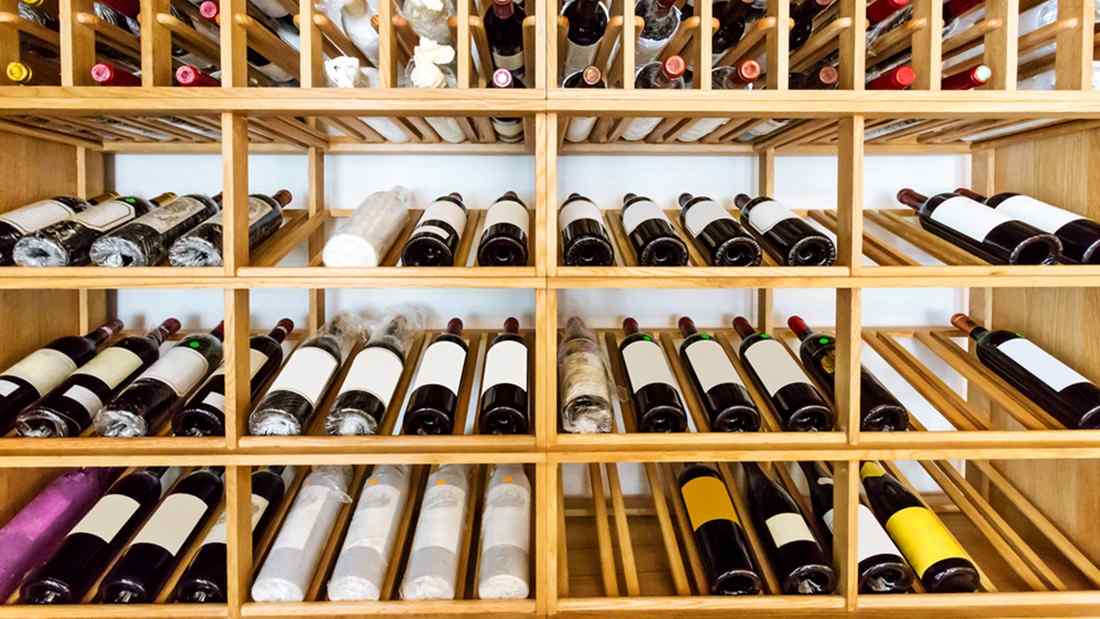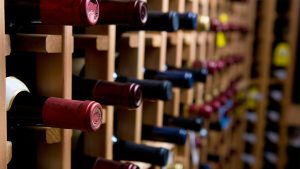What is the proper way to store wine?

The Art of Wine Storage: Maintaining Flavor and Quality
When it comes to enjoying wine at its best, proper storage is crucial. Whether you’re a casual wine enthusiast or a serious collector, understanding the right conditions for storing wine can significantly impact its flavor, aroma, and overall quality. In this guide, we’ll explore the key factors involved in the proper way to store wine.
Temperature Matters
One of the most critical aspects of wine storage is maintaining the correct temperature. Consistency is key; fluctuations in temperature can negatively impact the aging process and cause irreparable damage to the wine. Ideally, wines should be stored at a temperature between 55°F (13°C) and 65°F (18°C).
Extreme temperatures, both hot and cold, can lead to the premature aging of wine and spoil its delicate balance of flavors. Avoid storing wine in places prone to temperature swings, such as near windows, heaters, or refrigerators that may generate heat.

Humidity Control
Humidity levels play a vital role in preventing the corks from drying out and allowing air to seep into the bottle. Aim for a humidity range between 50% and 80%. This range helps keep the cork in good condition and maintains the integrity of the wine.
Excessively high humidity can lead to mold growth on labels and packaging, so finding a balance is crucial. Investing in a wine refrigerator or cellar with humidity control features can provide an optimal environment for long-term storage.
Store Bottles Horizontally
Storing wine bottles horizontally is a time-honored practice. This position keeps the cork in constant contact with the wine, preventing it from drying out and allowing oxygen to enter the bottle. When oxygen interacts with the wine, it can lead to oxidation, diminishing the wine’s quality.
If you don’t have a dedicated wine rack, consider using specially designed wine storage boxes to keep bottles on their sides. This method not only aids in maintaining proper humidity but also makes it easier to read and access bottle labels.

Protect from Light
Light exposure, particularly UV light, can have a detrimental impact on wine. UV rays can cause chemical reactions in the wine, resulting in the development of unpleasant aromas and flavors. To prevent light damage, store your wine in a dark place or use tinted glass bottles if possible.
For those without a dedicated wine cellar, consider wrapping your bottles in dark, opaque materials to shield them from light. This simple step can go a long way in preserving the wine’s quality over time. https://viragobeechworth.com.au/best-australian-nebbiolo-sydney/
Avoid Vibrations
Wine is a delicate beverage that can be adversely affected by vibrations. Constant movement, such as that from nearby machinery or appliances, can disturb the sediment in the bottle and negatively impact the aging process. Choose a stable and vibration-free location for your wine storage to ensure the wine remains undisturbed.
Conclusion
Proper wine storage is an investment in the enjoyment of your favorite wines. By paying attention to temperature, humidity, bottle position, light exposure, and vibrations, you can create an ideal environment for aging and preserving the quality of your wine collection. Whether you have a small selection or an extensive cellar, following these guidelines will help you savor the full potential of every bottle.
